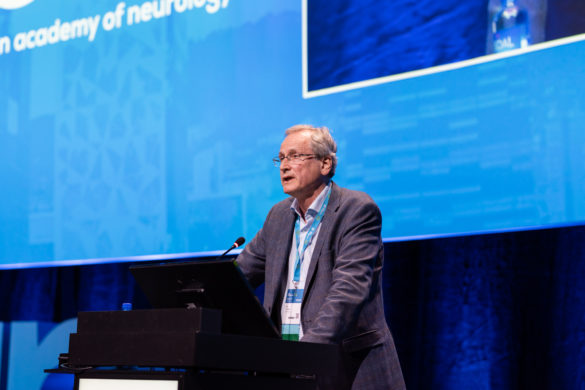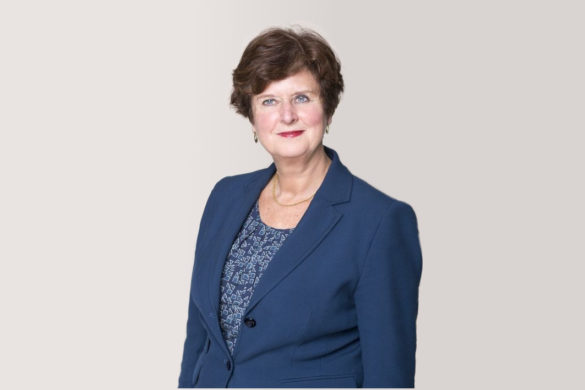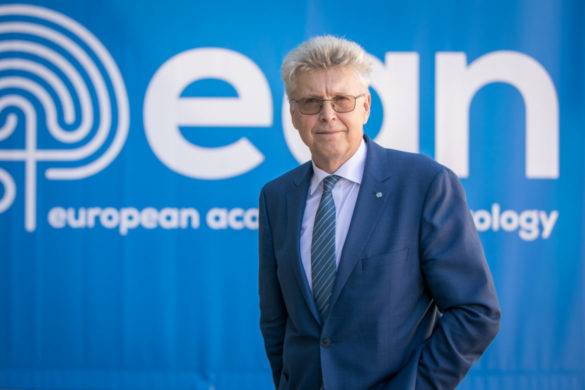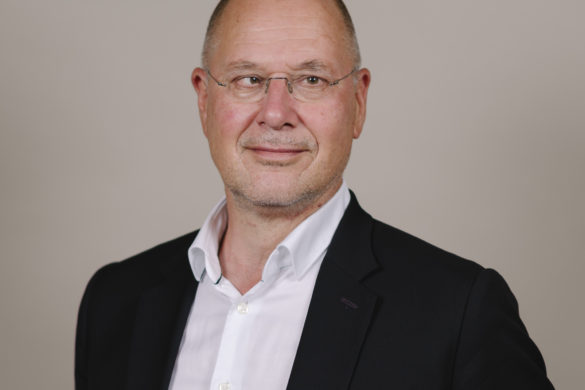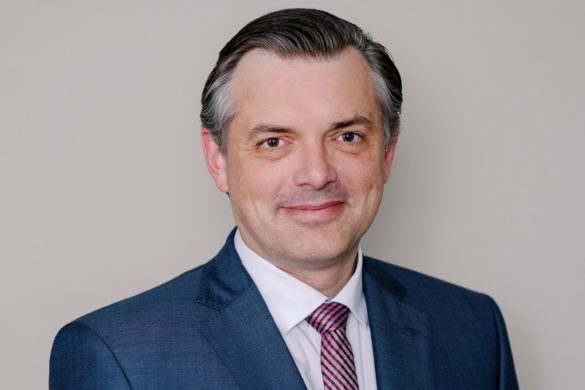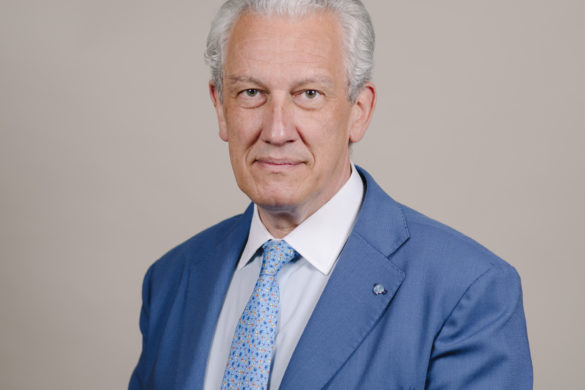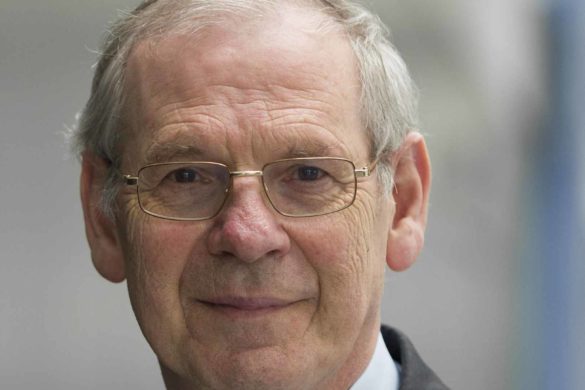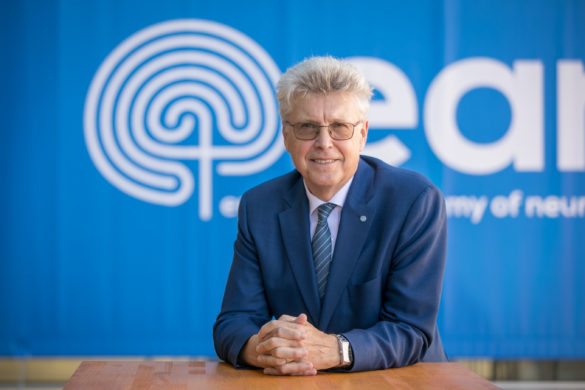The European Commission held two major events during May to celebrate the European Month of the Brain under the Presidency of the Republic of Ireland.
Conference on European Brain Research on 14th May at the European Commission Brussels
Brain diseases are more demanding and expensive than other diseases. Combating them requires research and European brain research has played an important role. Opening the conference, Richard Morris (UK) recalled European Nobel prize winning contributions to neuroscience: Cajal (Spain) and Golgi (Italy) tracking neural pathways; Hodgkin (UK) and Huxley (UK) understanding nerve impulses; and Katz (UK) and von Euler (Sweden) describing neurotransmitter release. European research has provided the world with key treatments for brain disease: L-Dopa for Parkinson’s disease; antipsychotics for schizophrenia; anticholinesterases and memantine for Alzheimer’s disease; and new anti-epileptic agents. Individual contributions have been critical but institutions such as the Federation of European Neuroscience and European Brain Council provide essential support, communication and public engagement. Our neurological institutions, the EFNS and ENS have played their part in the dissemination of information and we look to the future EAN to amplify the neurological contribution to European brain research. Lectures on the neural mechanisms of empathy, the European Human Brain Project, clinical neurogenetics and genomics, prevention and treatment of brain diseases are available on the conference web site. The conference certainly opened new horizons for brain research and healthcare.
Conference on Healthy Brain – Healthy Europe on 27th-28th May at the Convention Centre Dublin
The brain has 1011 neurons each with 104 connections. It is prone to thousands of diseases, each of which may present in many different ways. This conference aimed to persuade healthcare providers and governments to invest in research and healthcare provision to meet the challenge of understanding and managing these diseases. Society has compounded the challenge by attaching a stigma to brain diseases, some of which dare not speak their name. In his opening address former USA Congressman Patrick Kennedy met this stigma head on by drawing attention to his own experience of bipolar disorder and challenged the conference to do the same. Colin Blakemore (UK) opened a session on the fascinating brain by describing the evolution of understanding of cortical function from the nineteenth century until now. Primate experiments and human observations have shown that the adult brain is much more plastic than we had realised and permits remodelling of connections, thus providing hope for rehabilitation strategies. Later sessions in the conference underlined the strengths of European brain research and proposed new policy approaches. The session on the brain challenge began with a talk by a patient: John Golding, Norway, President of the European Multiple Sclerosis Platform and former senior Volvo executive, described how a multidisciplinary team had helped him cope with his multiple sclerosis band lead a successful business career. He highlighted the value of patient organisations, a recurrent theme. Health economist Professor Charles Normand, Ireland, pointed to the impossibility of measuring the immeasurable when considering complex interventions for complex diseases. He called for policy makers to be prepared to make decisions about interventions for conditions for which randomised controlled trials have not been done and are unlikely to be done. Dr Mary Baker, UK, President of the European Brain Council, stressed the need to take account of societal as well as individual needs in considering healthcare problems. The altered structure of society in our ageing population is magnifying the difficulty of dealing with dementia and other diseases of the elderly.
The conference will lead to policy recommendations are still being finalised but should include
• greater involvement of patients and patient support organisations in the organisation of healthcare
• ensuring randomised controlled trials meet the needs of society and not merely the pharmaceutical industry. Currently trials frequently exclude the elderly and those with comorbidities who actually represent the real population
• facilitating the collection of patient registries and biobanks. Currently the restrictions imposed by data protection legislation seriously impair the use of potentially valuable information
• ever closer integration of basic and clinical neuroscience research
• provision of research funding which matches the burden of disease on society.
The nearly €800 billion annual spend on brain disease needs to be matched by a proportionate spend on brain disease research in HORIZON 2020.






